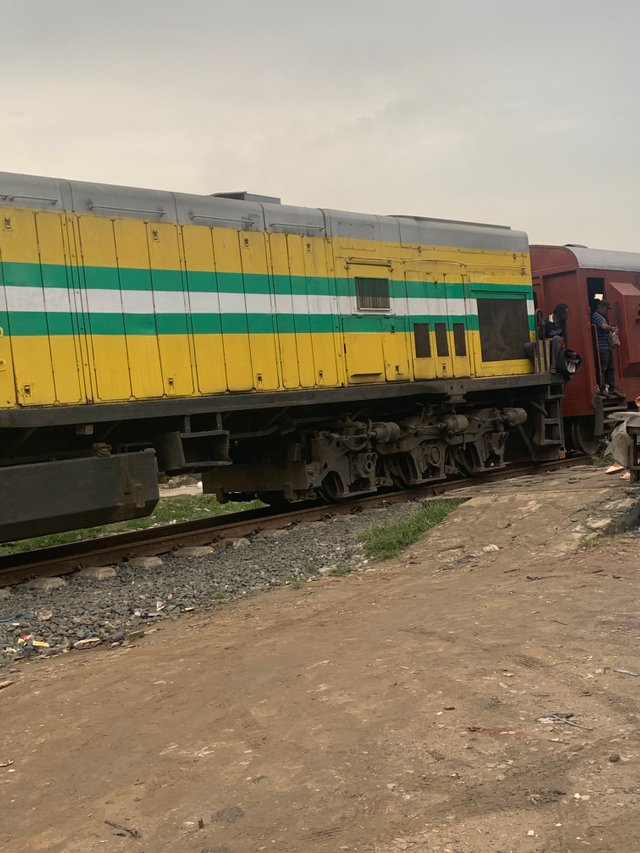Reflection on the workshop: "write in micro size“.
Task 2: Reflection on My Experience in the Workshop |
|---|

- What aspects of writing microfiction did you find challenging at the beginning of the workshop and how did you overcome them?
Imagine someone that is used to writing long stories, faced with a task of making his stories to be concise and condensed into 50 - 150 words without loosing the essence of the story.
That was my story some weeks ago. At the beginning of the challenge, writing within the strict word limits was a big challenge for me. I kept deleting every time in order to condense my thoughts within the word limit. But over time, I learned to prioritize important words and used synonyms that can cover few words without compromising the quality of the story.
- What new knowledge, tools, or techniques did you learn during the workshop that you can apply to your stories?
I learned a lot during the course of this study. I don’t know if I actually got it right but one thing I tried to put into practice was leaving my stories open-ended to engage readers imagination and writing in an unconventional way like telegram and metaphors to pass a message or story. I still plan to improve on this writing style in time to come and use it to create other fun stories.
- How has your motivation to write and your writing style evolved throughout the workshop?
In the early stage, i found Micro writing really challenging but as time went by, I appreciated the literary work of art. My motivation to write increased as i learned new writing techniques that later evolved to become more concise and also explored several genres of writing throughout the workshop.
- What aspects of the course did you find most useful and why?
The feedback from the instructors was really valuable and it helped as a guide to the next task ahead and redefined my writing style. I also love how the task progressed from one level to another. Each week built on the previous one.
- What aspects of the course do you think could be improved? What suggestions do you have for future editions?.
Well, there are times, some of the task at first instance weren’t too clear for me. I had to read it several times or I go to see the entry of some of the contestants before I can get a vivid picture of what I’m to submit.
It will be cool, if some more examples are shared to give the participants more idea on what the lecturer needs.
- Teacher Evaluation
The evaluation from the teachers was really insightful and a guide on how to construct our storylines. The creative prompts provided by the lecturers made me stretched my imaginations and made me explore new genres. Writing open ended stories to engage my readers imagination was instrumental in helping me refine my style of writing. This wouldn’t have been possible, if the lecturers hadn’t corrected me.
- Recommendation.
For aspiring micro writers, this challenge this past few weeks is the best thing that ever happened to them because it teaches you to be concise when writing your stories and indulge your creativity. I recommend this workshop for anyone out there who wish to improve their story telling skills.
Task 3: One last train ride |
|---|

Pooh!!!!! The train blast it’s horn for takeoff for a bumpy ride.
First stop, “micro writing” station, threw me off balance as I struggled to trim excess baggage without loosing its essence. Next station was “perspective”, looking through the eyes of an ant which taught me empathy.
At the third station, I saw a lady I admired. I sent her a telegram message, cautious of prying eyes. Unfortunately she couldn’t decipher it, so she discarded it.
By the time I arrived “genre” station, I felt my imagination stretched beyond its limit. Navigating through untouched areas of storytelling.
Towards the end of the journey, I reflected on my transformation as a writer and I’m happy for the growth. The conductor waved its hand, signaling its time to leave the train. I stepped out of the train a new man filled with new skills and unwritten stories.
Hey Sbamsoneu, please have a look at Chriddi's post - I'm taking part in the campaign and have sent you 1 STEEM, now you can send 2 STEEM to someone else if you like. Please copy the text from my memo ‘1 STEEM for UGANDA...’ into your transaction.
The campaign ends on 19. December 2024, by then all STEEM should have ended up to @chriddi.
If you have any questions, please feel free to ask. Thanks for your time!
Or
Which one am I using as my “memo” , the first or second ?
This one, the same as I have used:
I wonder if you learned something but time will tell. I noticed those who followed #wewrite didn't bring it into practice. Old habits seem hard to kill or can be the will isn't there if it comes to it.
If it comes to me I would have liked to see and read a more creative writing as the one you presented above. It feels to me like the same questionnaire we see over and over again on Steemit (although I understand the teachers like to hear what went well).
If it comes to the teaching the main problem will be the time language and the different ways of how lessons are understood.
If you wrote something short to the point, a story, don't forget to mention me.
I wish you a great and creative story journey and super December. Without any doubt you are the most enthusiastic student one can have.
Thanks ma’am for the compliment..
For me, this is one challenge. The way person “A” understands, it’s different from the way “B” might understand a question.
But if it’s one thing I learned from you is to always read some few entries to get a better understanding of what the lecturer needs from you.. it has helped me so far in some of these new courses I’ve participated.
¡Holaaa amigo!🤗
Este tren ha tenido un mundo de conocimientos maravillosos. Por una parte lamentamos que la estación final haya llegado, pero por otro contexto festejamos que nos hayan permitido obtener todos esos conocimientos que ahora forman parte de nosotros.
Te deseo mucho éxito en la dinámica... Un fuerte abrazo💚
Tu microrrelato me encantó. Pero tiene un detalle que no puedo dejar pasar por alto. En la traducción al español cuenta con 164 palabras; y en inglés: 145. ¿Qué significa esto?
¿Qué te propongo?
Sigue trabajando con las estrategias de elipsis, metáforas y ambigüedad. Trata de trabajar con imágenes literarias que cuenten. Aléjate un poco de las descripciones. En otras palabras: "Ve al grano" como dijo la gallina, jajaja.
No quiero cerrar de esta evaluación sin agradecerte el habernos acompañado en esta experiencia de aprendizaje, que tanto nos llenó de satisfacción tanto a @joslud como a mí.
Gracias por estar. Un abrazo. Acá tu calificación: